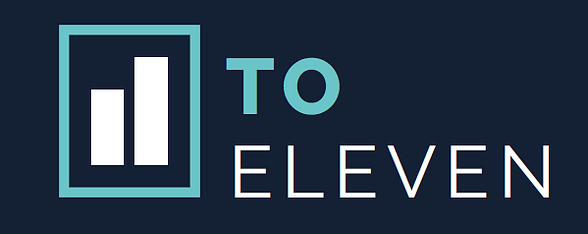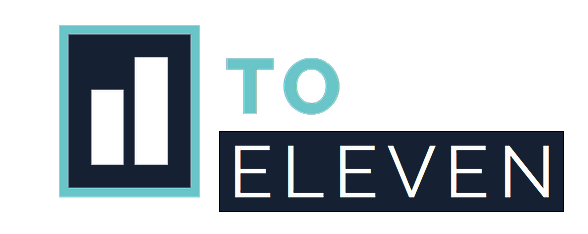Time's a Wastin' (if we let it)
Photo by Adrian Swancar on Unsplash
Just as it’s a bad idea to go to the grocery store when you’re hungry (you know it leads to a cart filled with snacks that you *really don’t want to eat), it can be dangerous to our productivity to leave decisions about how we spend our time to the moment something is about to begin. Why? Well, as Arthur C. Brooks wrote recently in the Atlantic we are must more likely to “overestimate the value of a little short-term pleasure and underestimate the value of our long-term well-being.”
We’ve all done it. In fact, I do it on many nights. I’ve finally finished my work (or at least my brain has given in), the children are asleep, things are quiet, and my husband and I think maybe an episode of Mad Men/West Wing/Queen’s Gambit—whatever is the current favorite. And then we watch one episode, which turns into two. All the while, I know that I have to get up early. I know that I’m going to be tired in the morning. But Queen’s Gambit-watching-me has a hard time truly embracing the reality of tomorrow-me. Until she has to get out of bed, of course.
Brooks describes two ways in which he thinks time can be truly “wasted”:
When you spend time doing something that reduces the amount of time you could be spending on more productive or enriching activities
When you deliberately engage in something that, when you think about it, you don’t actually even like doing that much.
The idea is not that every single second is driven by work-related activities. Rather we think more intentionally about how we are spending our time. By developing ways to avoid wasting minutes, we will have discovered “a new reservoir of time that we can use in joyful and productive ways”.
The field of behavioral economics provides more evidence of this phenomenon in the form of hyperbolic discounting. The idea is that we value a short term reward, or good feeling, over one in the future, even if the one in the future is bigger. This inclination can lead us to make poor decisions; we feel the rewards of our impulses (just one more episode…) before the rewards of delaying our gratification (presumably the way I would feel the next morning if I’d had an hour or so more sleep).
It’s no surprise that hyperbolic discounting is linked to procrastination. It can feel so much more fun and satisfying, in the short-term, to read a magazine on the plane, instead of prepare for an upcoming presentation. Or to scroll through Instagram for a few more minutes, before starting work on an assignment. Deep down, we know that we are going to pay the price later, but it can be difficult to resist the temptation and the instant gratification that delaying the unpleasant tasks can bring. Even though, in the long run, we will reap larger rewards from completing the task we are putting off.
So what can we do to override these impulses? To try and resist the short-lived pleasure we get from playing our video game for just 15 minutes more, or whatever is your go-to “time sucking activity”.
It can help to think about the opportunity cost of whatever it is that you’re doing. We all have just 24 hours in each day—it’s a zero sum game. A minute spent doing one thing, is a minute not spent doing another. Don’t get me wrong; the idea isn’t to create all work and no play. Rather to make time for the things we value and that will bring us joy—whatever they are. So if you want to spend more time outside, exercising, thinking and reflecting, writing, brainstorming, whatever it is, the key is to prioritize those things in an intentional way. Or as Brooks puts it, “distinguishing between the time wasters we like and those we don’t, and ridding ourselves of the latter.”
Another thing you can do is to purposefully schedule your time into blocks and actually record them on your calendar. This differs from a simple to-do list. Mostly because a long to-do list can quickly get overwhelming leading you to always do the simplest, easy-to-finish task, while larger (sometimes more important) things keep getting passed over.
Scheduling your time into blocks works for anything. Not just for work tasks. Everything. This removes the tendency to make last-minute decisions about how you spend your time, which may not serve your best long-term interests. So if you want to spend an hour watching TV, or going for a run, catching up on LinkedIn, or simply not doing anything in particular, write it down on your calendar at a particular time.
It’s about the intentionality of your actions. And about being in control of your destiny and your time.
As June Carter Cash and Carl Smith once sang, “Let’s go, time’s a wastin’”.


